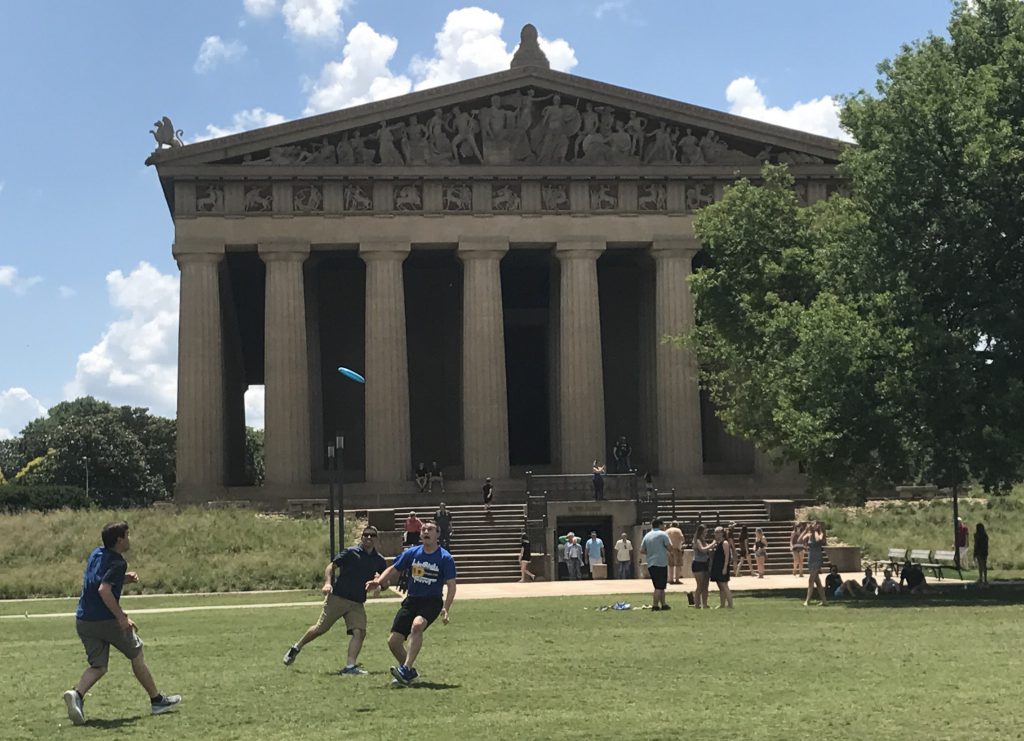

By Senator Bill Frist
Have you ever wondered how experiencing nature can improve your health and your life?
Increasingly, healthcare and public health professionals are recognizing that the social determinants of health—including where we’re born, live, work, play, and age—collectively have a far greater impact on our health outcomes than the healthcare delivery system. It’s estimated that healthcare services account for just 10% of longevity, while social and environmental factors account for twice that at 20%, genetics 30%, and individual behaviors an estimated 40% (Schroeder, NEJM, 2007). Our surroundings and how they influence our choices form the foundation for a healthy lifestyle.
What roles do nature and exposure to natural surroundings play in improving our health? We know that spending time in nature makes us feel good, but does it measurably affect our well-being?
Study after study has shown the answer is yes.
A 2006 American Scientist study on perceptual pleasure and the brain chronicles how viewing stimulating, dynamic natural scenes triggers an increase in interactions of the mu (opioid) receptors in the brain’s visual cortex—making viewing nature a physically pleasurable experience compared to looking at a blank wall or concrete-covered street (Biederman and Vessel 2006).Conversely, being in a high-stress environment such as on a highly-trafficked street will cause the brain to signal production of cortisol by the adrenal glands. Elevated cortisol interferes with learning and memory, weakens immune function and bone density, and increases weight gain, blood pressure and heart disease (Franke, Children, 2014). It also impacts mental health and resiliency by disrupting brain development in children, triggering emotional problems, depressive disorders, and negatively affecting attention and inhibitory control (Shern et al., Mental Health America, 2014). Toxic stress has been called public health enemy number one, and time in nature can be an effective counterbalance.
Program Spotlight: Heart of Nashville – Matthew Walker Comprehensive Health Center
Program Spotlight: Heart of Nashville – The Nashville Food Project
Hotter Days and Changing Climate: Impacting a Thriving Nashville
Determinants of Health: Anchoring Our Residents and Communities
NashvilleHealth creates a culture of health and wellbeing by serving as a convener to open dialogue, align resources and build smart strategic partnerships to create a bold plan for health and wellbeing in Nashville.
© Copyright 2025 NashvilleHealth

